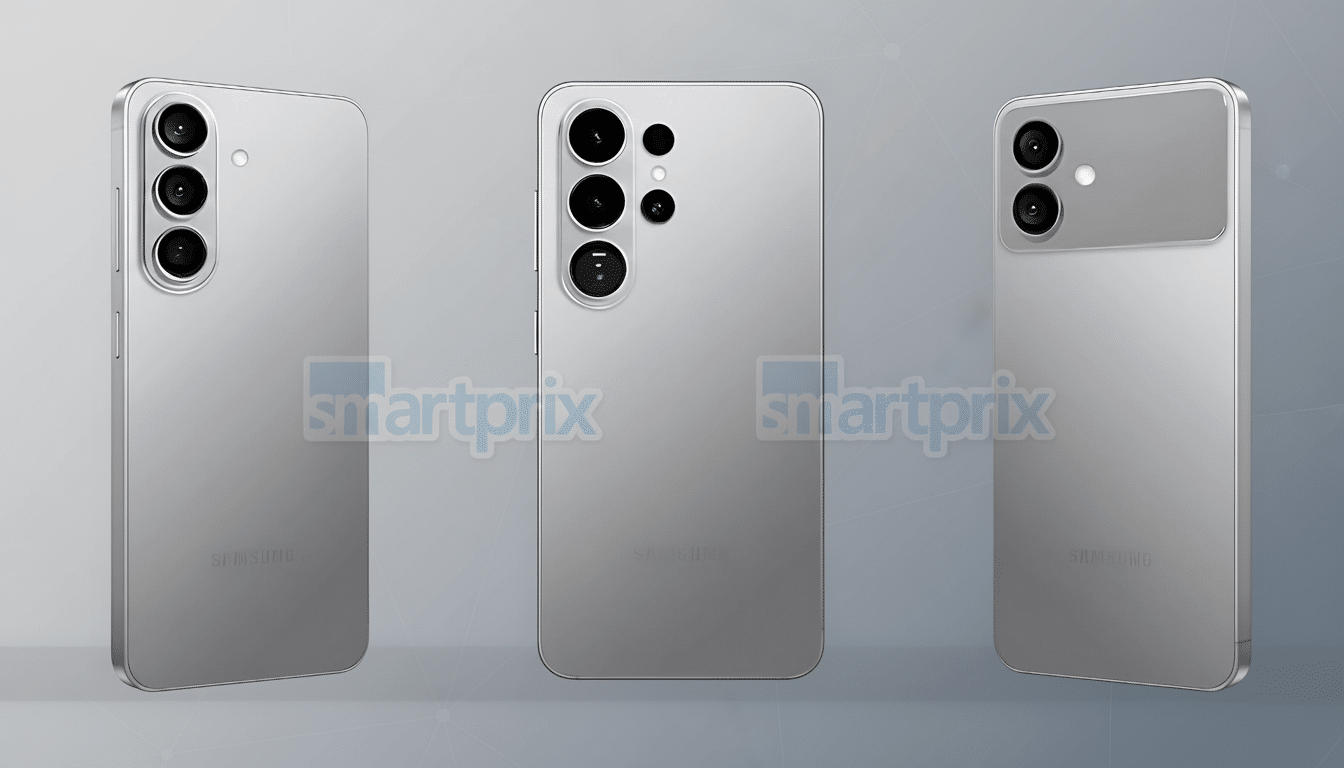Samsung is rumored to be working on an overhaul of Bixby that would incorporate Perplexity’s conversational AI, pitting it as a direct competitor to Gemini (Google), Siri with ChatGPT capabilities (Apple), and Alexa (Amazon).
If the move is confirmed, it’d make its debut with the Galaxy S26 line and would represent a new effort to do more than just integrate Bixby into the Galaxy experience, rather than leaving it as an optional add-on.

What the rumor says about Samsung Bixby using Perplexity
Samsung is reportedly testing such a hybrid setup that would share duties between Bixby and Perplexity, claims familiar tipster popp on X. Standard device actions — alarms, reminders, settings — would stay on Bixby, but more advanced queries, research, and web search results would be processed by Perplexity’s large language model. That division reflects how many consumers already use assistants: quick on-device tasks first, deeper “ask the internet” jobs second.
This match has been on the industry’s radar for months. Samsung and Perplexity earlier discussed an exclusive deal to improve Bixby with web and agentic features, Bloomberg said. Perplexity, which has billed itself as a faster, more succinct answer engine, recently launched Comet for Android with automated tasking — read: the very feature that could potentially add some rocket fuel to Samsung Internet and Bixby’s capabilities to complete multi-step requests.
Why Perplexity, and why now for Samsung’s revamped Bixby
For years, Samsung has shipped powerhouse NPUs within Galaxy phones, but Bixby hasn’t been as universally broad as rivals in reasoning or real-time web synthesis. Perplexity’s hybrid is founded on retrieval-augmented generation and indirect short-answer serving, which underpins Bixby being more effective as a research companion while withholding sensitive device-level commands locally.
There’s also a strategic angle. By teaming with a Gemini competitor, Samsung protects itself from becoming overly reliant on Google’s cloud. Samsung still owns a hefty chunk of global smartphone shipments (around 20% or so, according to IDC), and guiding that base toward an assistant-first model could reshuffle default behaviors, particularly if voice becomes the main portal through which users communicate with apps and services.
How it might play out on Galaxy devices with Perplexity
Expect a tiered assistant experience. Anything that benefits from the speed and privacy of on-device, minimal-data-billed use cases — starting timers, toggling modes, transcribing memos, executing Routines — Bixby should handle immediately, while Perplexity spins up in parallel for whatever requires current information, citations, or multi-source synthesis. Think live recommendations for trip planning, technical troubleshooting, or longish PDFs and webpages that need a short-and-sweet summarization.

Early signs say subscription linking could be part of the design, like how Apple lets premium third-party AI work. In the US, Perplexity has already offered Galaxy users a 12-month free plan — which seems like at least an onboarding exercise for deeper system integration. If Samsung implements account-level settings, then users could select a free tier in Settings, sign up for a paid plan for more features, or fall back to offline Bixby for rudimentary chores.
Investment signals and competitive stakes
Samsung had motivated the struggling Perplexity through its generous financing amid a speedy fundraising spree, which has led to the startup’s meaty recent $20B valuation. That kind of capital has enabled Perplexity to iterate quickly on retrieval, agent-facing workflows, and mobile products — areas Perplexity’s smartphone partner can, in turn, use to convert those advances into mainstream shifts in behavior.
The implications go beyond phones. Samsung has already announced it will be the first TV brand to build in Perplexity’s AI, hinting they may take a multi-device approach for consumer electronics — TVs, tablets, wearables, and home appliances. If Bixby is the enduring front end, Galaxy customers might demand that a TV could scout reviews of a show on your behalf, or that your phone add an alert while their watch reroutes your directions — all without switching AI vendors mid-task.
Caveats and what to watch for before the Galaxy S26 launch
These are unannounced plans, and Samsung may change the scope or branding before release. Privacy controls will be a big test: Users will want clear toggles for cloud queries, transparent citations, and the option to keep voice interaction on-device where it makes sense. Some region-specific rules regarding search partnerships and legality may also be in effect.
If Samsung can pull it off, the Galaxy S26 would represent the most substantial reinvention of Bixby yet — and one that goes beyond being a competent tool for operating other devices to an assistant that thinks, searches, and finishes tasks from start to finish. With Apple relying on ChatGPT and Google integrating Gemini deeply into Android, a Bixby-plus-Perplexity mashup would ensure that Galaxy has its own unique AI playbook.

